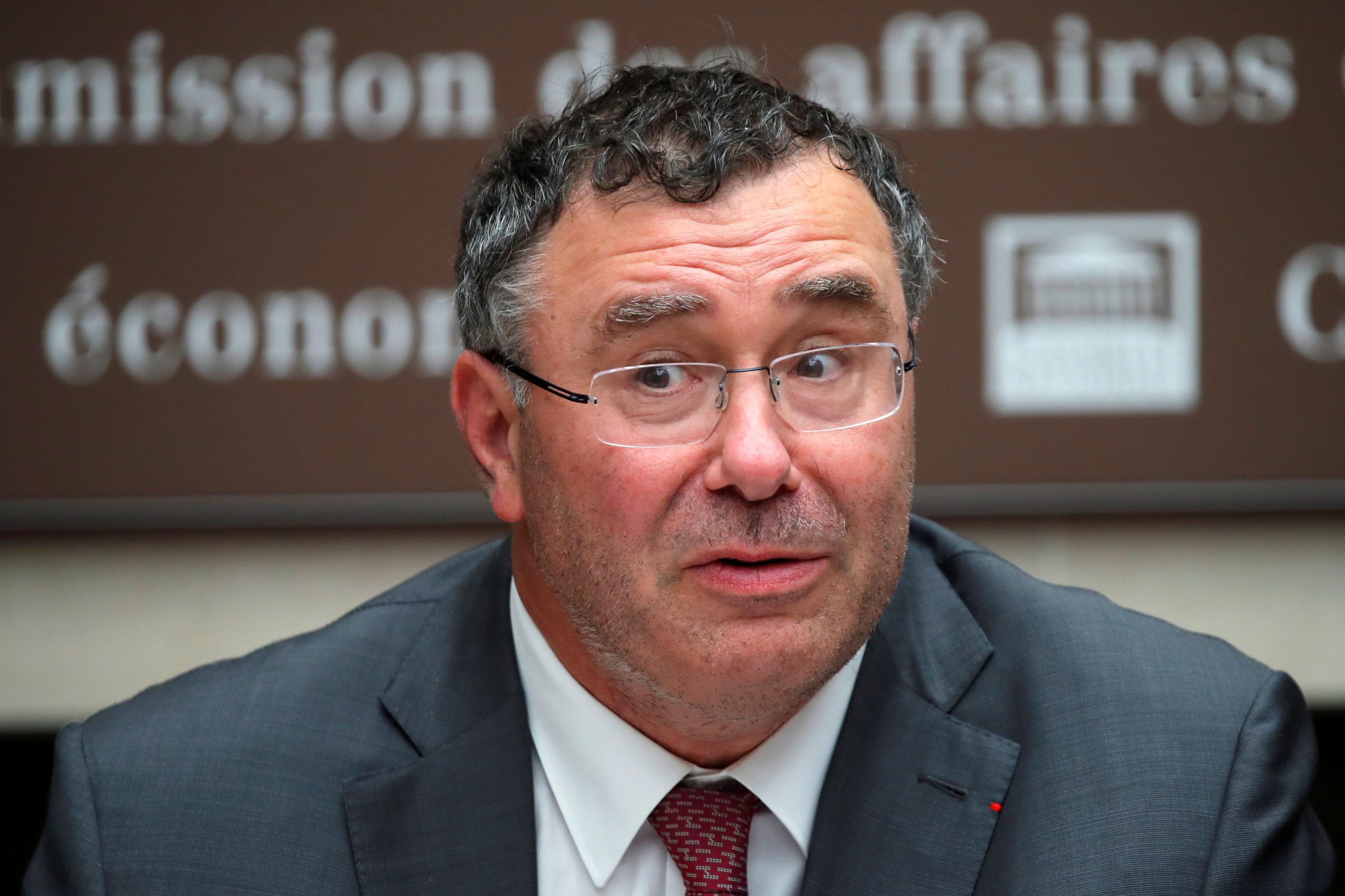TotalEnergies is seen as Suriname’s golden ticket to kickstart its Guyana-like offshore oil production operations.
But this is proving to be slow in coming. Why? The country still awaits a final investment decision (FID) for its offshore Block 58 – where Total, the operator, and APA Corporation struck oil more than three and half years ago. Within those three and a half years, Total has focused its investments elsewhere.
US$27 billion in investments spanning 25 years was pledged to Iraq for four oil, gas, and renewable projects in the southern Basra region. According to a Feb 14, 2022, Reuters article, the deal was signed by Iraq’s oil minister in 2021 and a visit from the French President Emmanuel Macron followed. Then another US$20 billion in investment was doled out to Mozambique to restart the Cabo Delgado liquefied natural gas (LNG) project.
It is important to note that both Iraq and Mozambique have been in the oil and gas production business for years, endowed with billions of recoverable resources. In Suriname, the situation is totally different. There is no offshore oil production, as was the case with Guyana just over four years ago. The bets for Suriname, are all on Total. And it begins with a decision on the investment to be made. But Total’s journey to FID has been nothing short of bumpy.
The major roadblock was the company’s issues with understanding the reservoirs discovered and a mismatch between the seismic data and the results of the delineation wells. But these seem to be resolved. The last update from Total was that the company successfully combined two discoveries to create a pool of around 500+ million barrels of oil.
The first two appraisal wells of these discoveries have been positive, and with the last oil well soon to be drilled, the company is hopeful that it will reach 600-650 million barrels of oil. Once this milestone is reached, TotalEnergies will be ready to move to the next stage of development.
Its Chief Executive Officer (CEO) Patrick Pouyanné emphasized that the company’s vision for the future development of the oil pool in Suriname is strong, and he is optimistic about the prospects for 2023.
He said, “We’d have again there, a good vision in order to move forward to the next step… So big year 2023 for Suriname.”
But in addition to understanding the reservoirs and ensuring there are well-placed adequate volumes to justify production, Suriname has had other challenges.
“We can look at Suriname and Staatsolie as an example, where actions by politicians, coupled with an investment-prohibiting outdated Production Sharing Contract (PSC) touted by some Guyanese as ‘exemplary’, and a regulatory entity doubling as an Operator (Staatsolie), has caused timid exploration and development efforts in the Suriname side of the Basin,” said a local commentator on the industry in Guyana, in a recent letter to the press.
Suriname’s fiscal terms regarding its oil profit-sharing agreement and its petroleum law have long been seen as factors contributing to the delay in FID.
Suriname relaxes taxes under Petroleum Act; could this fast-forward FID this year?
Meanwhile in Guyana, operator ExxonMobil moved to FID just two years after its first discovery at Liza 1, and oil production closely followed two years after that, with start-up in December 2019. Now, the country has two projects in operation, and another that targeted for start-up this year. A fourth will come online by 2025 and approval is being sought for the fifth, while talk of the sixth, and even seventh, are already underway.



